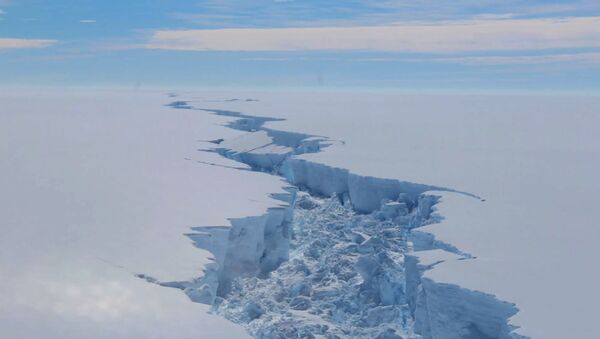According to World Meteorological Organization (WMO) spokesperson Clare Nullis, the previous record temperature at the Esperanza Base, operated by Argentina’s meteorological agency, was 17.5 degrees Celsius in March 2015. The station has been collecting data since 1961.
James Renwich, a climate scientist at the Victoria University of Wellington and a member of an ad-hoc WHO committee that has previously verified such Antarctic temperature records, revealed that the body would likely reconvene to officially confirm the new record.
“Of course the record does need to be checked, but pending those checks, it’s a perfectly valid record, and that [temperature] station is well maintained,” Renwich is quoted as telling the Guardian.
“The reading is impressive, as it’s only five years since the previous record was set, and this is almost 1 degree centigrade higher. It’s a sign of the warming that has been happening there that’s much faster than the global average. To have a new record set that quickly is surprising, but who knows how long that will last? Possibly not that long at all,” he added, also noting that higher temperatures in the region are probably the result of powerful, northwesterly winds and increasing levels of greenhouse gases in the atmosphere.
The Antarctic Peninsula, located on the continent’s northwest tip near South America, is one of the globe’s fastest warming areas, and has experienced a 3-degree Celsius increase in average temperature during the last half-century, the WMO reported in a 2017 news release.
According to WMO Weather and Climate Extremes Rapporteur Randal Cerveny, the latest reading is most likely a “legitimate record.”
“Everything we have seen thus far indicates a likely legitimate record, but we will of course begin a formal evaluation of the record once we have full data from [Argentina’s agency] and on the meteorological conditions surrounding the event,” Cerveny is quoted as saying, the Associated Press reported.
In its 2017 release, the WMO also noted that 87% of glaciers along the west coast of the Antarctic Peninsula have retreated during the last 50 years.

